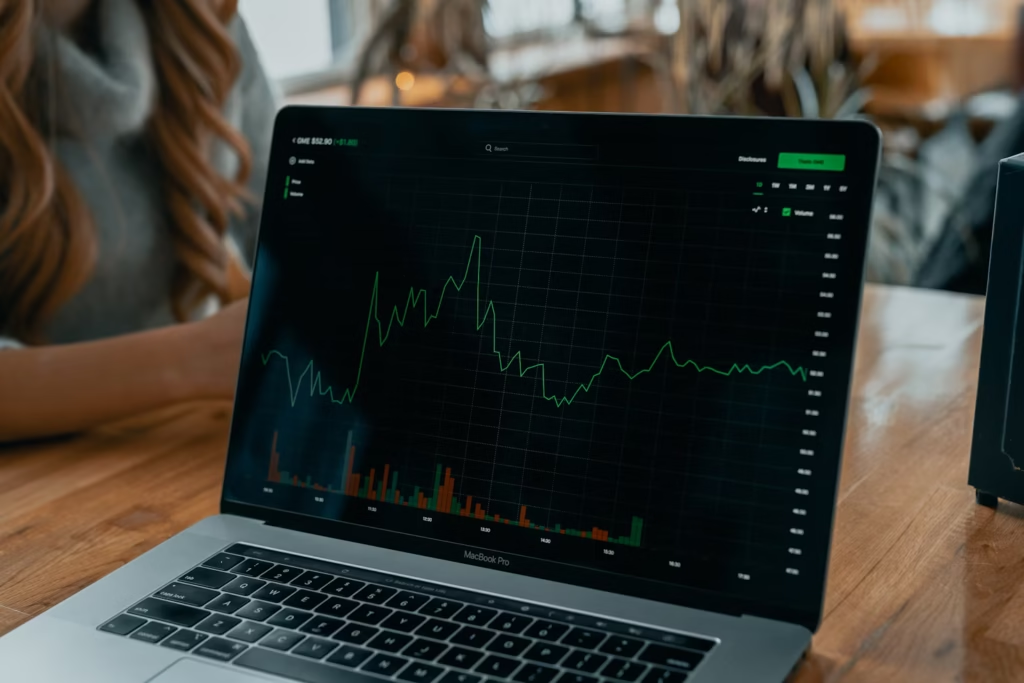The Impact of Climate Change on the Global Economy
Introduction:
Climate change is no longer just an environmental issue—it’s a significant economic challenge that impacts businesses, governments, and consumers worldwide. The effects of rising temperatures, extreme weather events, and changing resource availability are reshaping the global economy. In this post, we explore the economic impacts of climate change and how businesses and economies can adapt to these changes.
The Economic Impacts of Climate Change:
Increased Costs for Businesses: Extreme weather events such as hurricanes, floods, and droughts can disrupt supply chains, damage infrastructure, and increase the cost of raw materials. Industries such as agriculture, insurance, and construction are particularly vulnerable to climate change.
Agriculture and Food Security: Climate change has altered weather patterns, leading to crop failures, water scarcity, and shifts in growing seasons. These changes can increase food prices, reduce crop yields, and threaten food security, particularly in developing regions.
Health Costs: The health impacts of climate change, such as the spread of diseases due to warmer temperatures and air pollution, can place a significant burden on healthcare systems. Rising healthcare costs could affect public budgets and reduce productivity.
Opportunities for Growth in the Green Economy:
Renewable Energy: The transition to renewable energy sources such as solar, wind, and hydropower presents significant investment opportunities. As countries and companies reduce reliance on fossil fuels, the renewable energy sector is poised for expansion.
Green Technology and Innovation: Businesses that develop sustainable technologies, including energy-efficient products and waste-reducing solutions, are well-positioned to thrive in a world focused on climate action.
Climate Adaptation Investments: Governments and private companies are investing in climate adaptation strategies, including resilient infrastructure and sustainable farming practices. These investments not only mitigate risks but also create opportunities for growth in new industries.
Challenges in Addressing Climate Change:
Global Cooperation: Tackling climate change requires global collaboration, as the impacts and solutions span borders. Achieving meaningful agreements on emissions reductions, sustainable development, and climate finance remains a challenge.
Transitioning to a Green Economy: The shift away from fossil fuels presents challenges, particularly in sectors like transportation and manufacturing. The transition will require significant investment, policy changes, and retraining workers.
Conclusion:
Climate change is an undeniable factor influencing the global economy. Its effects are felt across industries, governments, and individuals, leading to both challenges and opportunities. The global economy must adapt by investing in sustainable practices, innovation, and resilience to mitigate the risks associated with climate change and harness the opportunities of a green economy.

